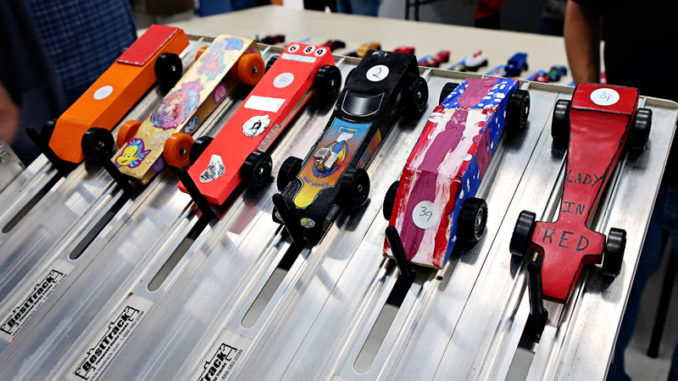On Turning 40
- Tyler Sjostrom
- Jan 23, 2024
- 3 min read
In the summer of 1989, a birthday party was thrown for my dad. But this wasn’t just any birthday party; the reverend was turning 40, so we packed the church basement with as many glory-bound teetotalers as it could contain. Trust me, the Folgers was flowing like the robes of The Good Shepherd Himself.
In my recollection, this was the first mention of my dad having any age at all; as far as I was concerned, he had been ageless up until that day, and then he was suddenly forty. And the party to mark the occasion, if I recall, had a pretty unhealthy preoccupation with my dad’s impending demise.
OVER THE HILL! YOU’RE OVER THE HILL! BETTER OVER THE HILL THAN UNDER IT! HARDY HAR!
Man, the “over the hill” stuff bugged me. The decor, the cake, the black balloons - every visible motif suggested that Dad’s demise was imminent, a reality that hadn’t dawned on me until that very second. Wait a minute, Dad’s gonna die? “Yeah,” my diabolical older brothers assured me. “Probably because of something you did.”

My dad, of course, is still around to make my sweet mother roll her eyes. But as these memories bubble to the surface, and as I amble awkwardly into this new reality of death-adjacence, I’ve noticed that I’m not really seeing it through the eyes of “Tyler, oldish man.” I’m seeing it through the eyes of “Tyler, former child.”
It’s an odd continuum; I have a son not much younger than I was in 1989. When he turns 40, judging by how preoccupied he seems to be with my upcoming birthday, he’ll vividly remember my graduation to middle age, much as I do with my parents.
But what do I remember, exactly? I remember that my parents, like all parents, seemingly knew all the secrets of the universe. I remember life being uncomplicated and mostly pleasant. So in sum, I remember very little.
Years would pass before I understood my parents in full. I had no indication that they were under crippling and constant stress for years. I also was unaware that adults, generally speaking, are mostly making things up as we go, regardless of what we project or the status we hold. A son doesn’t know what his dad does, not at any age.
As I take my own trudge over the hill, I can sense these three perspectives jostling around in my head. My son’s, where his dad is capable of anything. My dad’s, where he views his past worries with a sort of detached bemusement. And my own, where I’m routinely pulled into a swarm of my own worry, often by things I couldn’t control if I tried. One is young and hopeful, one has seen enough to know that the good tends to outweigh the bad, and then there’s sad little 40-year-old me.
So if I have any goal as I embrace my dawning boomerism, I suppose that would be it: that before I put too much weight on my fleeting troubles, I consider the outlook of the generations directly before and after, where worries don’t exist, don’t matter or both.
My dad mostly agreed when I brought it up the other night. He’s in his seventies now, retired as an active minister but still capable of putting away a gallon or more of Folgers in a single Cheers marathon.
“There was never enough money, just so many things on our plate, always chasing our tails.” I nodded along and told him I could relate.
“But let’s not talk about that stuff,” he said. “It doesn’t matter now, and we probably made too much of it then, too.” I agreed, before we finally arrived at something worth discussing.
“Say, how are my grandsons?”
Originally published Feb 2023.




Comments